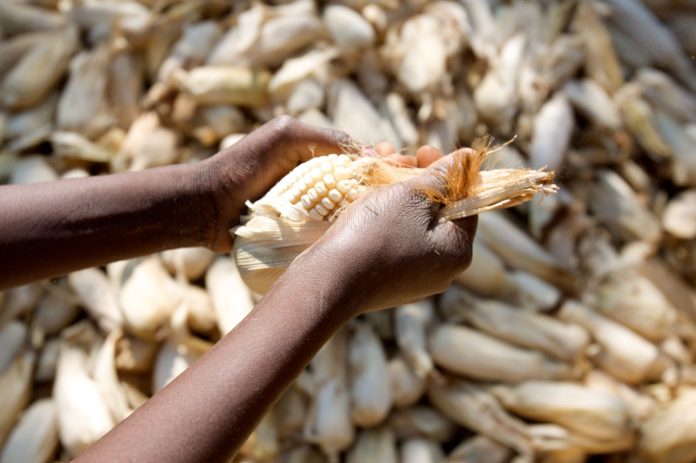ISLAMABAD (ABC) – Food insecurity remains a significant challenge in Pakistan, particularly impacting the rural areas. Despite ongoing efforts to improve access to food, numerous challenges persist, necessitating an urgent need to tackle this pressing issue, reports WealthPK.
Globally, ending hunger and malnutrition is a significant challenge, with 828 million people facing food insecurity in 2022.
In Pakistan, 37% of the population and 13% of households are food-insecure – a trend exacerbated by political instability, economic crisis, shocks, and natural disasters like floods.
Pakistan ranks eleventh worst globally on the Global Hunger Index, reflecting the severity of the issue.
“Pakistan’s rural communities bear the brunt of food insecurity.
Factors such as poverty, limited market access, volatile food prices, and climate-related challenges contribute to this complex problem,” Irshad Khan Abbasi, Head of Innovation and Integration, Pakistan Poverty Alleviation Fund (PPAF), told WealthPK.
“One of the primary challenges faced by the rural areas is the limited market access.
Remote communities often lack easy access to markets where they can purchase affordable and diverse food items, leading to reliance on locally available but limited options.
Additionally, climate change impacts, such as erratic weather patterns and natural disasters, disrupt agricultural production and livelihoods, affecting food availability and affordability.
“Additionally, infrastructure deficiencies also play a role, with inadequate transportation networks and storage facilities hindering efficient distribution of food products and contributing to price fluctuations.
“As a result, low household incomes and limited employment opportunities further exacerbate the situation, making it challenging for rural residents to afford nutritious food consistently,” he elaborated.
Irshad emphasized the need for targeted interventions to address food insecurity in the rural areas.
“To effectively tackle food insecurity in rural Pakistan, we must focus on improving agricultural productivity through the adoption of modern farming techniques and technologies.
Investments in rural infrastructure, such as irrigation systems and storage facilities, are also crucial to ensure food availability and reduce post-harvest losses.”
Furthermore, he emphasized the role of technology in enhancing food access in rural Pakistan.
“Digital solutions such as mobile applications for market information, online platforms for agricultural input procurement, and e-commerce for food sales can revolutionize the food supply chains in our rural areas.
Integrating technology with traditional farming practices can boost efficiency, reduce costs, and improve food accessibility for rural communities.
“The Pakistani government has implemented various initiatives to address food insecurity, including targeted subsidies on essential food items, programs to improve agricultural productivity, and nutrition education initiatives.
Community-driven efforts, partnerships with NGOs and international organizations, and collaboration with the private sector also play a vital role in addressing food insecurity and promoting sustainable agriculture practices,” he added.

